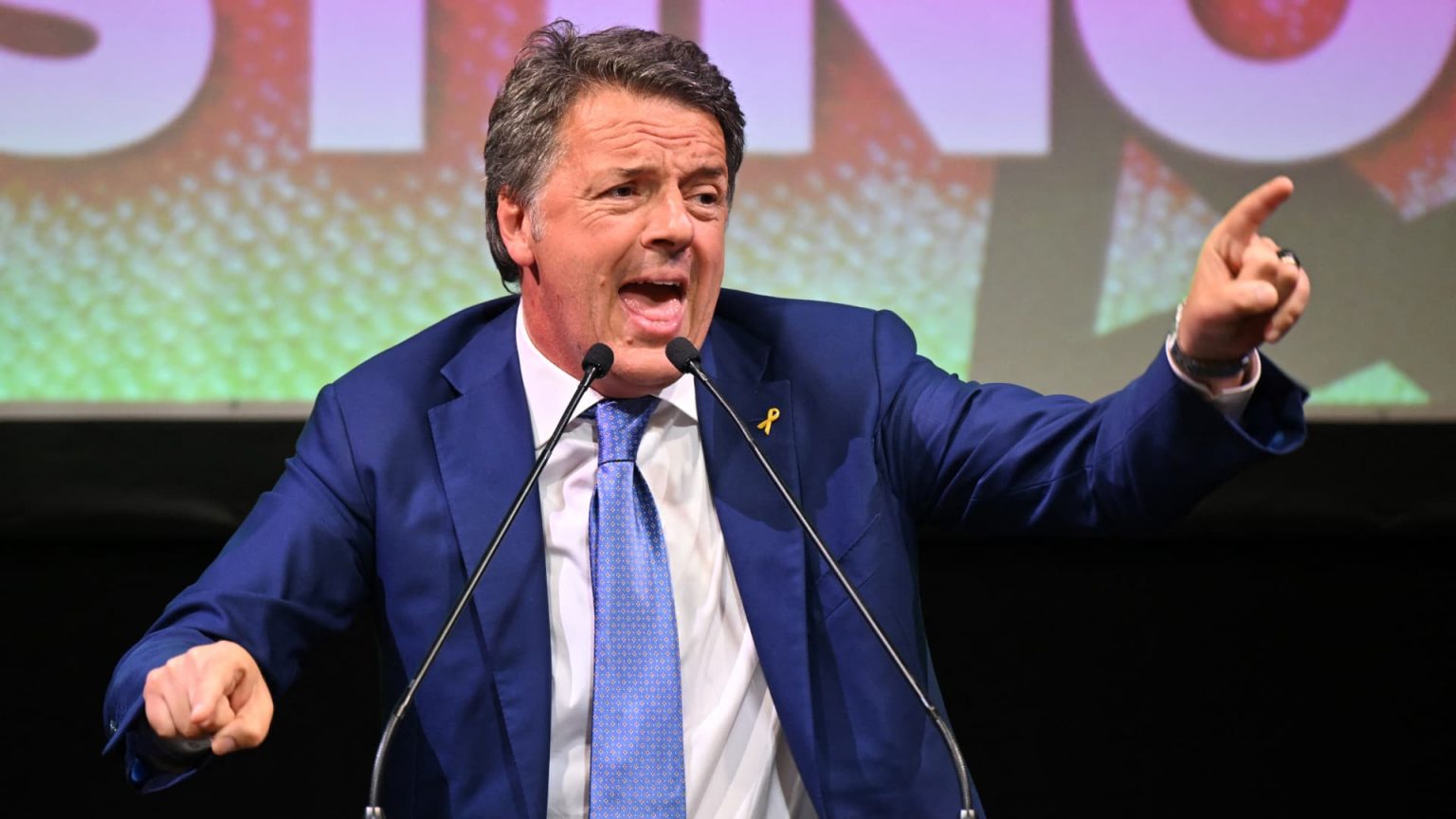Former Italian Prime Minister Matteo Renzi has emphasized the necessity for the European Union (EU) to enhance its involvement in global affairs, particularly amidst escalating tensions with U.S. President Donald Trump. Speaking to reporters, Renzi’s remarks come following Trump’s critical statements about the EU’s capabilities concerning peace in the Middle East. This discussion takes place against a backdrop of existing geopolitical tensions, including trade disagreements and defense concerns. Significant figures in Europe are echoing the sentiment that the EU must evolve to assert its autonomy in the global landscape.
| Article Subheadings |
|---|
| 1) Renzi’s Call for a Stronger European Role |
| 2) The Context: U.S. and EU Relations |
| 3) Perspectives from Other European Leaders |
| 4) The Implications of Defense Spending |
| 5) Future Outlook for the EU |
Renzi’s Call for a Stronger European Role
In recent comments, former Prime Minister Matteo Renzi articulated a pressing need for the EU to step up its role on the global stage. With rising tensions stemming from the current U.S. administration, Renzi believes that the time has come for Europe to assert itself independently. He stated, “Our best ally, the United States, attacks us every day,” highlighting how continuous criticisms from President Trump complicate the transatlantic alliance. Renzi’s viewpoint aligns with a growing concern among European leaders who feel the need for a more proactive and unified approach to international diplomacy.
The Context: U.S. and EU Relations
The ongoing friction between the U.S. and the EU escalated notably after Trump questioned Europe’s ability to contribute significantly to peace efforts in the Middle East. His earlier remarks suggested that the EU was incapable of making meaningful progress in regions afflicted by conflict, such as the Middle East and Ukraine.
“The European Union is not going to be able to help,”
Trump asserted. This growing skepticism has raised alarms among European leaders, who feel sidelined in matters that directly affect their interests.
Perspectives from Other European Leaders
Renzi’s views are echoed by other political figures on the continent. Enrico Letta, another former Italian prime minister, noted that Trump’s strategies signal a long-term shift that threatens to undermine multilateralism and put additional pressure on European allies. In a recent op-ed, Letta emphasized the necessity for Europe to bolster its independence and operational capacities in light of changing U.S. priorities. Furthermore, leaders from Germany and France have acknowledged this reorientation, stressing that Europe’s futures lie beyond reliance on U.S. support.
The Implications of Defense Spending
As part of this evolving landscape, German and French leaders have publicly stated the need for increased defense spending. They argue that the shifting focus of U.S. foreign policy necessitates that European nations take more responsibility for their own security. In their collaborative op-ed, they expressed that Europe must prepare for a “deeply destabilized environment” and adapt to allies who face different sets of priorities. This has sparked discussions about how to effectively allocate resources to enhance European military capabilities.
Future Outlook for the EU
As the challenges faced by the EU evolve, the path forward is fraught with complexities. The need for a more autonomous Europe is clear, yet how it navigates its relationship with the U.S. while asserting its position in global conflicts is critical. The ongoing dialogue among various leaders suggests that not only must Europe adapt, but it must also take decisive steps to enhance its foreign policy framework. Discussions surrounding unity, defense, and trade agreements will likely shape the contours of this dynamic relationship in the years to come.
| No. | Key Points |
|---|---|
| 1 | Former PM Renzi calls for a stronger EU role in global affairs. |
| 2 | Tensions escalate between the U.S. and EU regarding peace efforts. |
| 3 | Other European leaders echo Renzi’s sentiments for autonomy. |
| 4 | Increased defense spending endorsed as a necessity for Europe. |
| 5 | Future relations between the U.S. and EU may require adjustments. |
Summary
The contemporary geopolitical landscape reveals pressing challenges for the European Union as it contemplates its future role in global affairs, particularly in relation to the U.S. under President Trump. The insights of leaders such as Matteo Renzi and Enrico Letta showcase the sentiment within Europe to strengthen its autonomy while addressing security and trade concerns. As Europe grapples with its identity in a world marked by uncertainty, the emphasis on collective defense initiatives and assertive diplomacy may define the continent’s trajectory moving forward.
Frequently Asked Questions
Question: What is the current relationship between the U.S. and EU?
The U.S. and EU relationship is tense, characterized by disagreements over trade, defense, and foreign policy priorities.
Question: Who is Matteo Renzi?
Matteo Renzi is a former Italian Prime Minister and current leader of the Italia Viva party.
Question: Why is increased defense spending important for Europe?
Increased defense spending is essential for Europe to enhance its military capabilities and ensure security amid U.S. foreign policy shifts.


